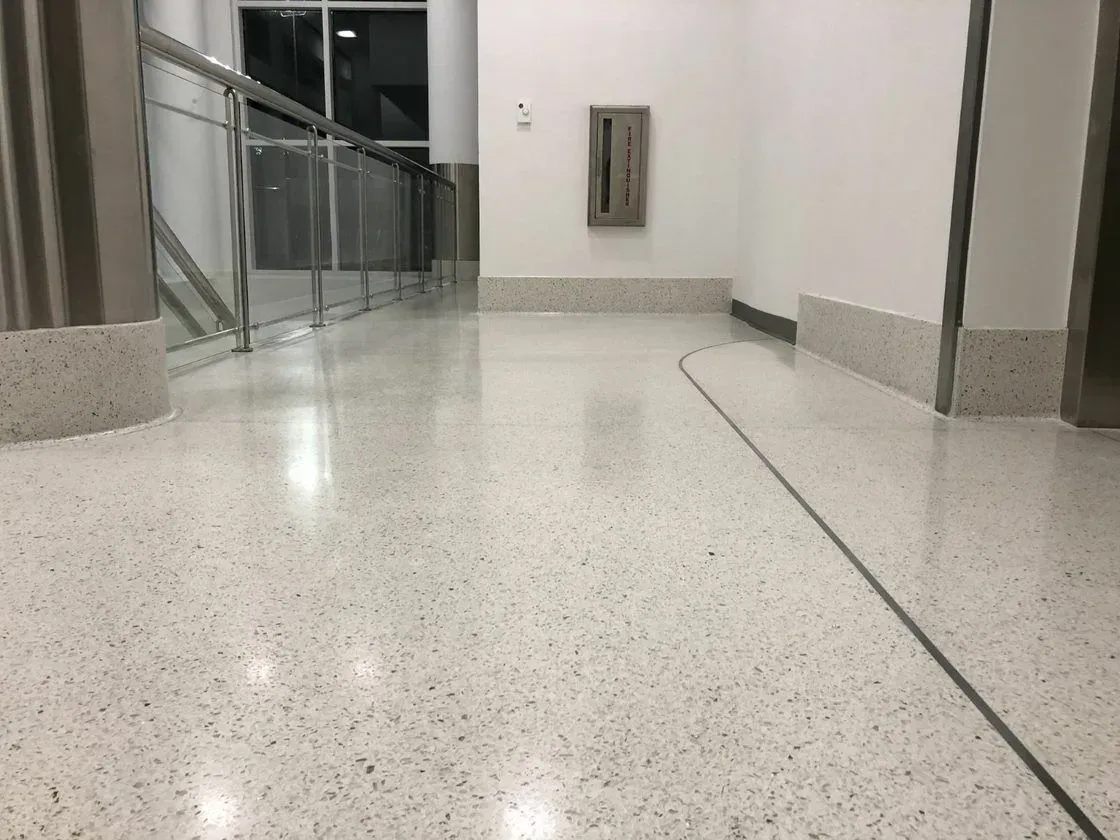Tile Flooring Alternatives
Exploring Alternatives to Tile Flooring
Tile flooring has long been a popular choice for homeowners and businesses due to its durability, ease of maintenance, and aesthetic appeal. However, it may not always be the best option for every space. Whether you're looking for a warmer feel, a softer touch underfoot, or a more budget-friendly solution, there are several alternatives to consider when choosing flooring for your home or commercial space.
1. Luxury Vinyl Flooring (LVF) Luxury vinyl flooring has surged in popularity over the past few years. Mimicking the appearance of natural materials like wood or stone, LVF is available in a variety of colors and patterns. It's waterproof, making it an excellent choice for bathrooms and kitchens, and it offers a soft, comfortable surface underfoot, which can be especially beneficial in homes with children or pets. Additionally, installation is relatively straightforward, often fitting into the DIY category.
Exploring Alternatives to Tile Flooring
3. Hardwood Flooring For those seeking elegance and warmth, hardwood flooring is a classic choice. With its natural beauty and unique grain patterns, hardwood adds significant value to a home. While it may require more maintenance than tile, including refinishing every few years, many homeowners find the investment worthwhile. Additionally, engineered hardwood offers a more stable option for humid environments, providing the same look with added durability.
tile flooring alternatives

4. Carpet Carpet is often overlooked when considering alternatives to tile flooring, but it can provide unmatched comfort and warmth, especially in living areas and bedrooms. Available in countless textures, colors, and patterns, carpet can easily complement any decor. Modern carpets are designed to be more stain-resistant and durable, making them more functional than ever. However, it is essential to consider cleanliness, as carpets can trap allergens and require regular cleaning.
5. Cork Flooring Cork is an environmentally friendly option that offers unique properties, such as sound absorption and insulation. Its natural texture provides a warm, soft feel underfoot, making it ideal for areas where standing for long periods is common, such as kitchens. Cork is also resistant to mold and mildew, making it a health-conscious choice for homes. However, it can be sensitive to moisture and may need to be sealed to protect against spills.
6. Bamboo Flooring For an eco-friendly alternative, bamboo flooring is gaining traction among environmentally conscious homeowners. It is a rapidly renewable resource, and when harvested sustainably, it poses less environmental impact than traditional hardwoods. Bamboo is durable, has a unique aesthetic, and can be more moisture-resistant than some hardwoods, making it suitable for various climates.
In conclusion, while tile flooring remains a favored choice for many, exploring alternatives can lead to a more customized solution that meets the needs of your space. From luxury vinyl and laminate to the warmth of hardwood and carpets, homeowners have an array of options to choose from when it comes to achieving the ideal flooring aesthetic. Each alternative has its benefits, allowing you to find a flooring solution that not only fits your budget but also complements your lifestyle.
-
SPC FlooringJun.24,2025
-
Bathroom Wall CoveringsJun.24,2025
-
Why Dry Back LVT Flooring Is the Smart Choice for Modern InteriorsJun.05,2025
-
Transform Your Interiors with Elegant Luxury Vinyl Flooring OptionsJun.05,2025
-
The Rise of SPC Vinyl Flooring: A Modern Solution for Durable and Stylish SpacesJun.05,2025
-
Click LVT Flooring: The Perfect Blend of Style, Strength, and SimplicityJun.05,2025




